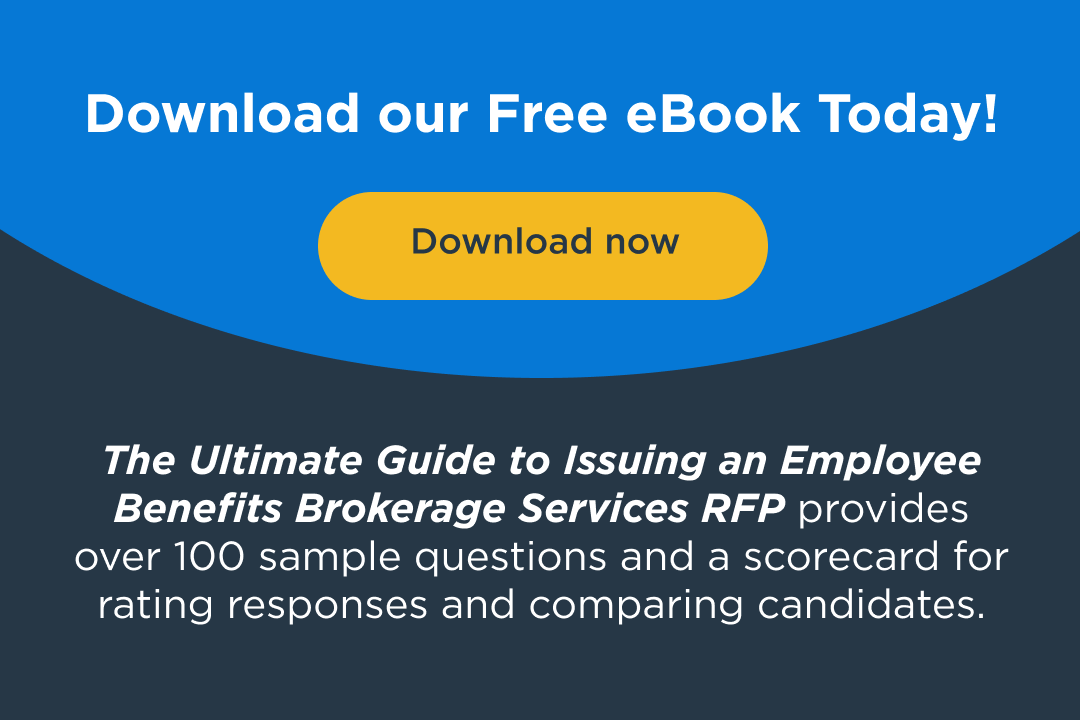What Multistate Employers Must Know When Designing Employee Benefits Plans
March 22, 2025

Designing an employee benefits plan is complex under any circumstances—but for multistate employers, it’s a whole different challenge. With employees spread across jurisdictions like Arizona, New Mexico, and beyond, each with its own laws, mandates, and insurance regulations, HR professionals must navigate a layered compliance landscape while delivering a consistent, equitable experience for their workforce.
Here are the top considerations for multistate employers when building a competitive, compliant benefits strategy:
1. Compliance with State Mandates
One of the biggest hurdles is staying compliant with varying state-specific benefit laws. While Arizona and New Mexico currently don’t have their own paid family and medical leave (PFML) mandates, employers with operations in states like California, Massachusetts, or Washington must ensure compliance with those more prescriptive regulations.
For HR teams based in Arizona or New Mexico, expanding into new states means understanding whether additional disability insurance, sick leave mandates, or ACA-related reporting are required.
2. Health Plan Networks and Regional Cost Variation
Health plan access and cost can vary widely by location. A medical plan that works well for employees in Phoenix or Albuquerque might not be as efficient or accessible for employees based in other parts of the country.
To ensure value and satisfaction, employers should:
- Evaluate national and regional carrier networks
- Explore plan tiering or geo-specific options
- Offer robust telehealth access, especially in rural regions of Arizona and New Mexico
3. Telehealth and Virtual Care Integration
Virtual care is a key equalizer for multistate workforces, especially in more rural or underserved areas like parts of northern New Mexico or southern Arizona. These tools offer access to primary care, behavioral health, and chronic condition support—regardless of geography.
Ensure telehealth vendors are licensed across all your operating states and that data privacy aligns with both state and federal standards.
4. Tax Considerations and Payroll Withholding
Benefits like HSAs, FSAs, and commuter benefits may be treated differently for tax purposes across states. While Arizona and New Mexico generally follow federal tax treatment, employers expanding to states like New Jersey or California must adjust payroll processes and employee communications accordingly.
Partnering with payroll and compliance vendors familiar with multistate nuances can reduce risk.
5. Paid Leave Policies and PTO Accrual
Arizona mandates earned paid sick time under the Fair Wages and Healthy Families Act. New Mexico followed suit with the Healthy Workplaces Act, which took effect in 2022, requiring private employers to provide paid sick leave to all employees. These local laws must be factored into broader PTO and leave strategies.
Employers often choose between location-specific policies or a unified policy that meets or exceeds the strictest state’s requirements.
6. Communication and Equity Across States
A key challenge for HR is maintaining a sense of fairness. Employees in New Mexico may have different leave rights than those in Arizona or Texas, for example. While legal compliance drives these differences, how you communicate them can impact morale.
Standardize communications where possible, offer consistent access to national benefits like EAPs and retirement plans, and maintain open feedback channels.
7. Choose Advisors Who Know the Region
When possible, work with brokers and consultants who understand your regional footprint. For example, HUB Southwest, based in Arizona and New Mexico, supports employers navigating multistate benefits planning, ensuring you’re covered from a compliance and strategy standpoint.
Final Thought
Building an employee benefits program across multiple states—especially starting from regional hubs like Phoenix or Santa Fe—means balancing compliance, cost, and consistency. With the right planning and partners, employers can create scalable, legally sound, and employee-friendly benefits offerings.
HUB Southwest helps multistate employers design and manage benefit plans that reflect local requirements and national goals. Contact us today to learn how we can support your benefits strategy across Arizona, New Mexico, and beyond.


